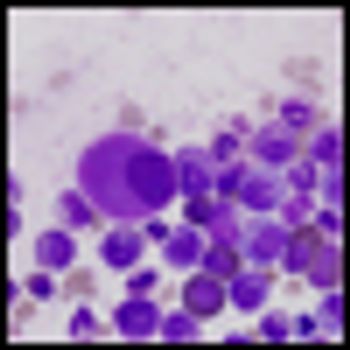
Researchers have identified an enzyme that plays an important role in the reprogramming of malignant progenitor cells in chronic myeloid leukemia. The enzyme, ADAR1, could represent a target for selecting and eradicating leukemia stem cells.

Your AI-Trained Oncology Knowledge Connection!


Researchers have identified an enzyme that plays an important role in the reprogramming of malignant progenitor cells in chronic myeloid leukemia. The enzyme, ADAR1, could represent a target for selecting and eradicating leukemia stem cells.

Participants in the National Lung Screening Trial did not change their perceptions of risk for lung cancer and smoking-related disease between prescreening enrollment and a 1-year follow-up visit, regardless of the result of the screening test.

Expression of certain immune markers in tumor and surrounding cells can help predict probabilities of recurrence in patients with stage I lung adenocarcinoma, according to new researcher.
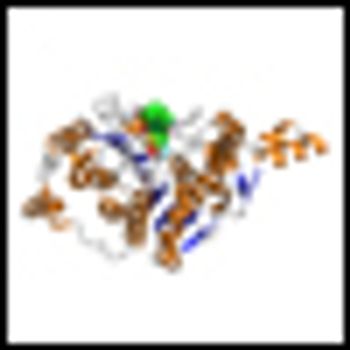
Combining histone deacetylase (HDAC) inhibitors with PARP inhibitors or cisplatin has the potential to be an effective treatment for triple-negative breast cancer, according to preclinical research presented this week at the San Antonio Breast Cancer Symposium.
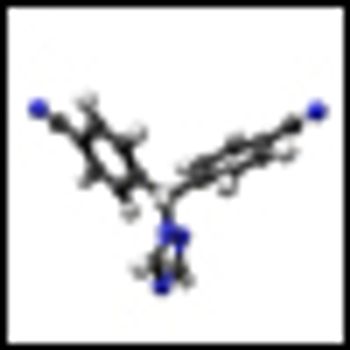
Combining an investigational agent called PD 0332991 with letrozole improved progression-free survival over letrozole alone in women with advanced estrogen receptor-positive breast cancer, according to a study presented at the San Antonio Breast Cancer Symposium this week.
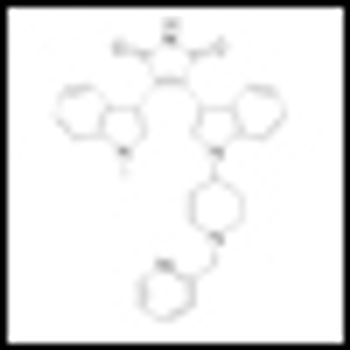
In the first chemoprevention trial with a non-FDA-approved, oral, small-molecule-targeted agent, enzastaurin did not meet a primary endpoint but showed reasonable tolerability and some success in subgroup analyses.

A large cohort study found that black women with early-stage invasive breast cancer were significantly less likely than white patients to undergo the less invasive axillary sentinel lymph node biopsy. Black women also had a higher rate of lymphedema, due largely to that difference in treatment modalities.

Increasing the dose of fulvestrant from 250 mg to 500 mg yielded a longer median overall survival as well as a lower overall risk of death in women with locally advanced or metastatic estrogen receptor-positive breast cancer, according to results from the CONFIRM trial.

Obese lung cancer patients undergoing lobectomy spend more time in the operating room than patients with lower body mass index, according to a new study. BMI was not associated with 30-day mortality or increased length of hospital stay.
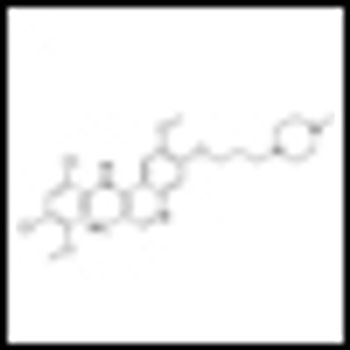
Despite a better major molecular response rate, the Src/Abl tyrosine kinase inhibitor bosutinib did no better than imatinib with regard to complete cytogenetic response in the BELA trial of patients with newly diagnosed chronic myeloid leukemia (CML).
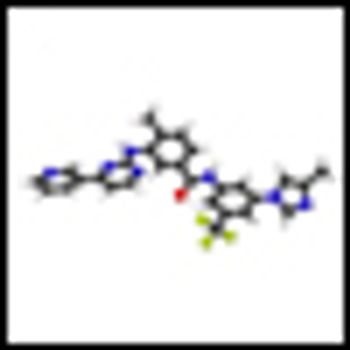
The second generation tyrosine kinase inhibitor nilotinib (Tasigna, Novartis) has proven to be an effective treatment for imatinib-resistant patients with chronic myeloid leukemia (CML). Just as with imatinib, however, some resistance has been observed.
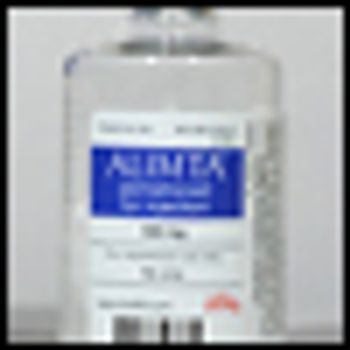
A phase II trial and a pooled analysis with another study found no benefit to adding carboplatin to pemetrexed versus pemetrexed alone in previously treated patients with advanced non-small-cell lung cancer (NSCLC).

A significant portion of patients with incurable lung cancer believe that palliative radiation therapy will cure the disease or at least help them live longer, according to a new study. Only about one-third of patients acknowledged that the treatment was not at all likely to cure their cancer.
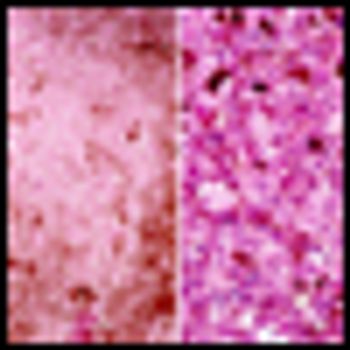
A new review of the literature shows that melanoma is substantially more common in immunosuppressed patients, including those with prior solid organ transplant and individuals with lymphoma.

Maintenance therapy with a new immunomodulator agent called MGN1703 improves progression-free survival over placebo in patients with metastatic colorectal cancer, according to a new study presented at the ESMO 2012 Congress.
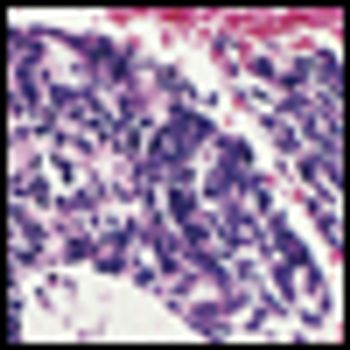
A recent study profiling the genetic details of 178 lung squamous cell carcinomas yielded a clearer picture of the mutations that characterize the disease, and potentially revealed therapeutic targets.
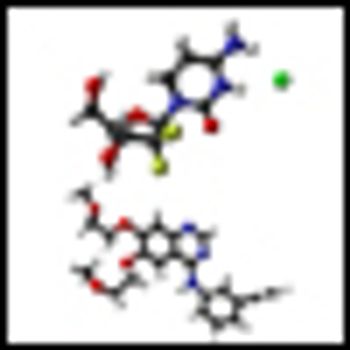
Maintenance therapy with both gemcitabine and erlotinib improved progression-free survival in patients with non–small-cell lung cancer who were initially treated with cisplatin-gemcitabine induction chemotherapy, according to a new phase III trial.
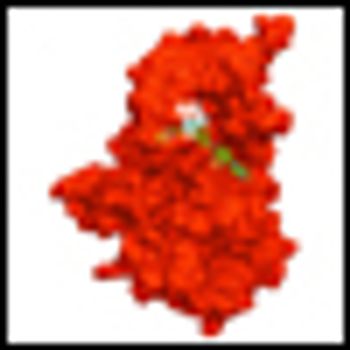
Ariad Pharmaceuticals followed last month’s request to the FDA for accelerated approval of the BCR-ABL inhibitor ponatinib with a similar request to the European Medicines Agency.

The presence of a mutation in the KRAS gene in patients with advanced lung adenocarcinomas was associated with significantly shorter overall survival than patients without the mutation, according to a new study.
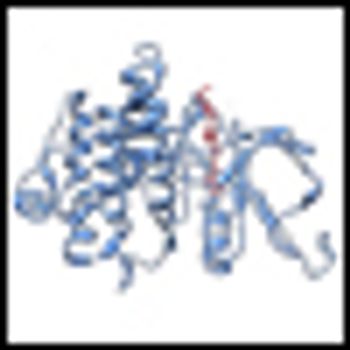
A study comparing dasatinib to imatinib in patients with chronic myeloid leukemia found that the second-generation TKI dasatinib yielded better remission and molecular response rates than imatinib, but these did not result in better survival outcomes.
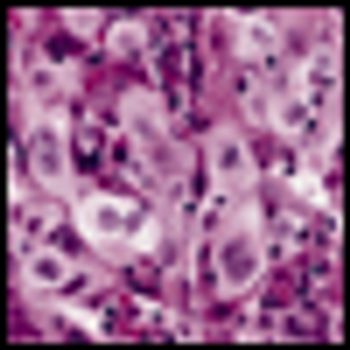
A new phase III trial found that first-line erlotinib followed by chemotherapy at disease progression to be significantly inferior to the standard practice of first-line cisplatin-gemcitabine followed by erlotinib.
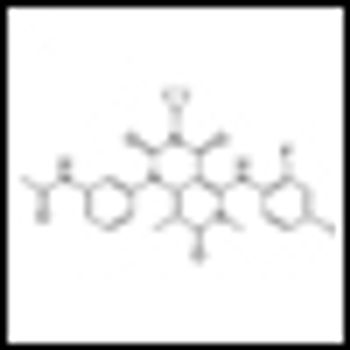
The oral selective MEK inhibitor trametinib improved progression-free and overall survival over chemotherapy in patients with metastatic melanoma with a BRAF mutation, according to a new phase III trial.
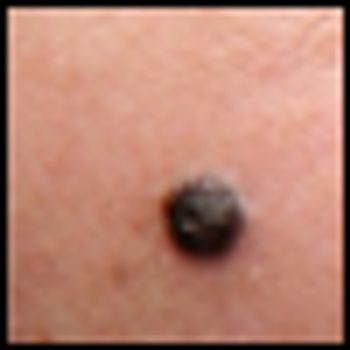
Sentinel lymph node biopsy is recommended for patients with newly diagnosed intermediate-thickness melanomas, while the procedure may not be indicated for patients with thinner lesions, according to a new set of guidelines.
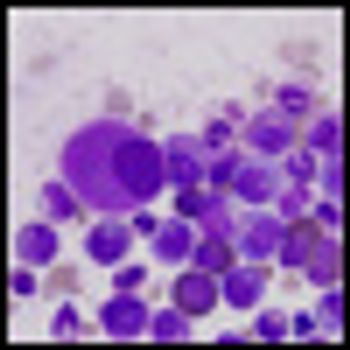
A common genetic mutation in BIM appears to play a role in resistance to tyrosine kinase inhibitors in chronic myeloid leukemia (CML) and EGFR-mutated NSCLC.
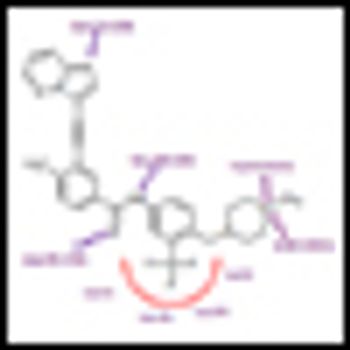
Ariad Pharmaceuticals has asked the FDA for an accelerated approval of the BCR-ABL inhibitor ponatinib, based on promising data from ongoing phase II trials.
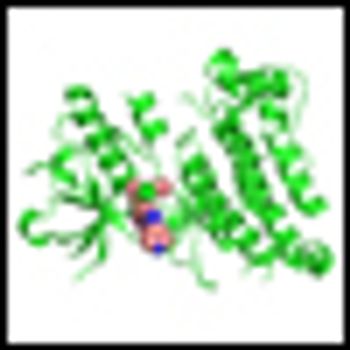
In the pre–ALK-inhibitor era, patients with advanced ALK-positive NSCLC had significantly worse survival outcomes compared with ALK-wild type patients, according to a recent study.
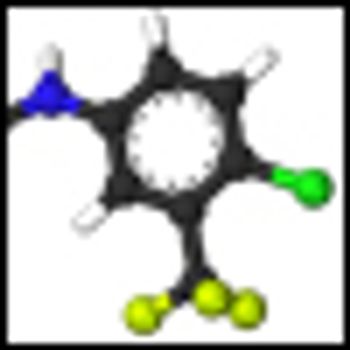
The addition of the multi-tyrosine kinase inhibitor sorafenib to a gemcitabine/cisplatin regimen failed to improve overall survival among patients with advanced nonsquamous non-small-cell lung cancer, according to a new randomized phase III trial.
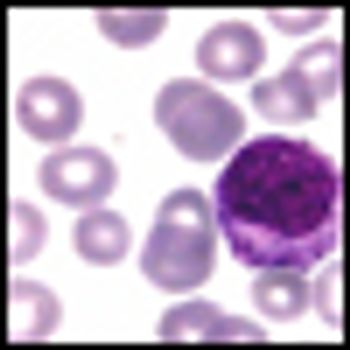
Three-year results from the ENESTnd trial show continued superiority of nilotinib over imatinib in patients with Philadelphia chromosome-positive chronic myeloid leukemia (CML) in chronic phase, according to a new paper published online ahead of print in Leukemia in June.
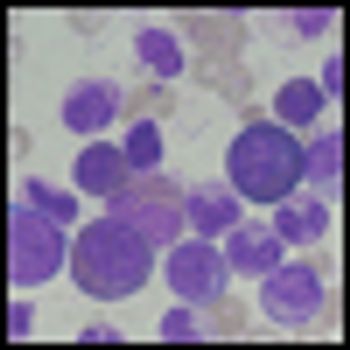
Nilotinib offers good results for patients with Philadelphia chromosome-positive chronic myeloid leukemia (CML) in chronic phase who are resistant or intolerant of imatinib, according to 48-month follow-up results of a phase II study.

New research now suggests that targeting AXL kinase could reduce the resistance to EGFR-targeted tyrosine kinase inhibition, and allow further response to EGFR-targeted therapies in lung cancer.